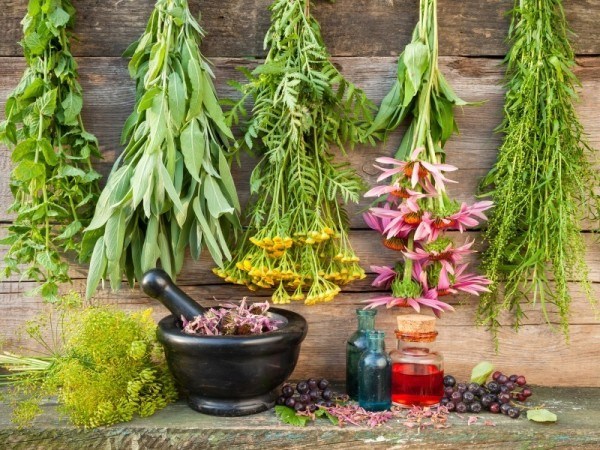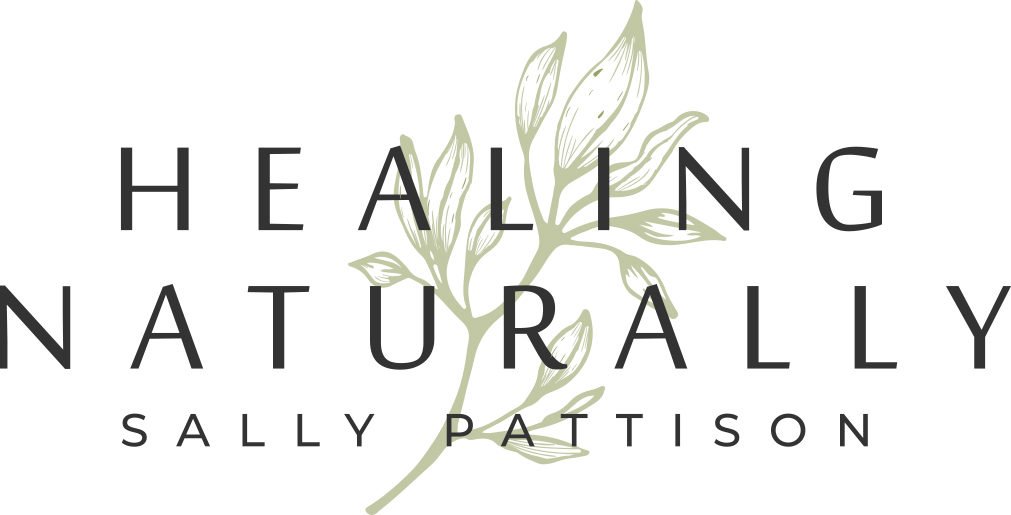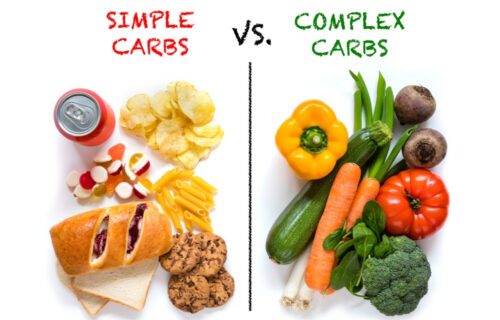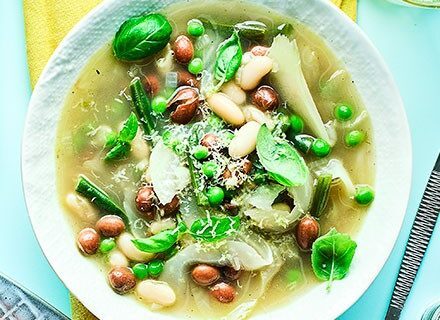
Herbal Medicine
Introduction
Herbal medicine has its origins in ancient cultures. It involves the medicinal use of plants to treat disease and enhance general health and well being.
Some herbs have potent (powerful) ingredients and should be taken with the same level of caution as pharmaceutical medications. In fact, many pharmaceutical medications are based on man-made versions of naturally occurring compounds found in plants.
For example, quinine came from cinchona bark, digitalis from the foxglove, and aspirin from willow bark. Today, an estimated 25% of all pharmaceuticals still come directly from plants.
History
Herbs have been used as remedies over many hundreds of years. By their very nature, herbs are complex, each one comprising tens if not hundreds of individual chemical compounds, so identifying the active components is not a simple matter.
Hippocrates (460-377 BCE) is often referred to as the “Father of Modern Medicine.” Doctors today still take the Hippocratic Oath upon completion of their medical degrees.
Hippocrates used many herbal remedies in his practice and wrote the famous words “let your foods be your medicines, and your medicines your food.” In his writings, he preserved the medical practices of the Greeks and Romans.
During the Middle Ages, the Benedictine monasteries were a place for medicinal studies and where many herbs were grown, studied and employed in medical treatments. It was in these monasteries that the ancient Greco-Roman and Arabic writings on medicine were translated.
Nicholas Culpeper (1616-1654) was a herbalist, botanist, physician, and astrologer. He published a most extensive herbal on pharmaceuticals, herbal knowledge, and the practice of astrological medicine.
As we move through times something called ‘wildcrafting’ became the term used for the practice of foraging for useful plants from their natural, wild habitat for edible or medicinal purposes.
Active Ingredients
Herbal medicines contain active ingredients. The active ingredients of many herbal preparations are as yet unknown. Some pharmaceutical medications are based on a single active ingredient derived from a plant source. Practitioners of herbal medicine believe that an active ingredient can lose its impact or become less safe if used in isolation from the rest of the plant.
For instance, salicylic acid is found in the plant meadowsweet and is used to make aspirin. Aspirin can cause the lining of the stomach to bleed, but meadowsweet naturally contains other compounds that prevent irritation from salicylic acid.
As a herbal medicine practitioner, we believe the effect of the whole plant is greater than its parts. Critics argue that the nature of herbal medicine makes it difficult to give a measured dose of an active ingredient.
Considerations
Herbal remedies are natural and have been used for centuries, but you still need to use them with respect.
Tonics and Supplements
Herbs may be called “specifics” or “tonics”. A specific targets a particular symptom, such as valerian taken for insomnia. They are usually taken only for short times or when the symptoms occur.
A tonic works on the whole body or organ, for example ginseng slowly strengthens the immune system. Tonics are taken long-term, sometimes with breaks. Some herbs have both specific and tonic properties.
Strength – dried and extract
Most herbal remedies are sold as capsules or tablets containing dried herbs or standardised extracts. Dried plants can lose potency more quickly and you might have to take several capsules to make one effective dose. Extracts are made by soaking the herb in alcohol to extract the chemical components from the plant.
Some products give their strength as a standardised extract of the active ingredients, for example: Bilberry with 25% anthocyanocides, Garlic with 5.4mg of allicin, and Ginkgo biloba with 24% ginkgo flavone glycosides.
Individual Herbs
Some commonly used herbs are believed to have the following properties:
- Ginseng – general tonic, may boost energy
- Bilberry – may improve circulation, repairs veins
- Garlic – lowers cholesterol, may help prevent cancer
- Gingko biloba – antioxidant, may improve circulation and memory
- Green tea – antioxidant and tonic
- Milk thistle – may repair liver cells
- Turmeric – antioxidant
Please remember
In general, herbs are less potent than prescription medication. Herbs have few side effects but this does not mean you can take them freely and without care. Many people mistakenly assume that because they are natural they are harmless. High doses taken for a long time can cause problems, and some cause allergic reactions or other symptoms. Herbs have the potential to be very effective, but they need to be used responsibly.
Always tell your herbal therapist:
- which over-the-counter, herbal supplements, vitamins and prescription medications you are taking
- any allergic reactions you have experienced
- if you are pregnant or planning to become pregnant.
Quality and potency
The quality of herbal remedies varies, depending on a number of factors. Their growing season, the climate, soil conditions, whether they are organic or farmed, when they are harvested, storage conditions, length of storage and so on, all make a difference to their quality. This means that the potency of the product will not be as precise as a man-made drug.



